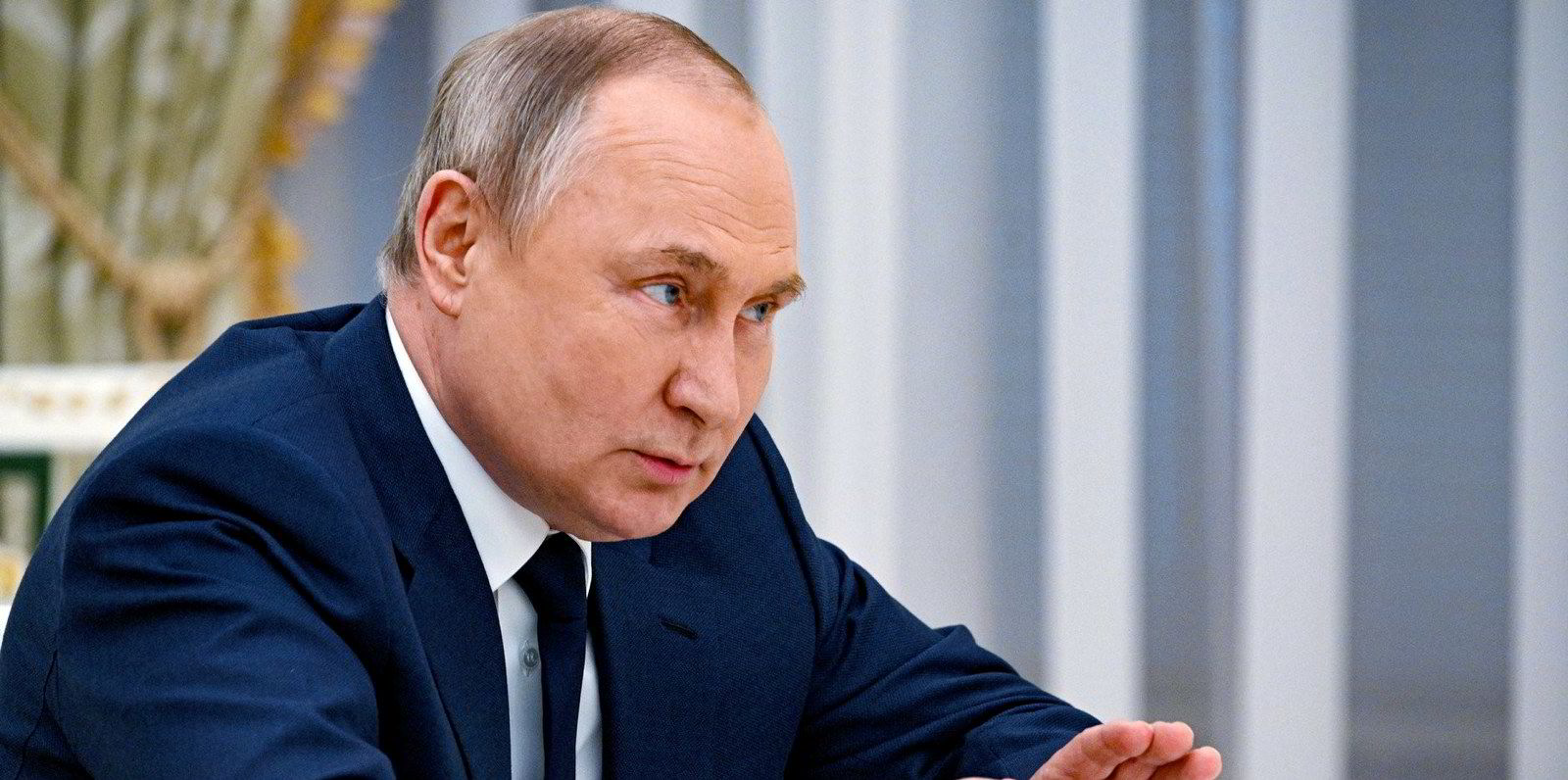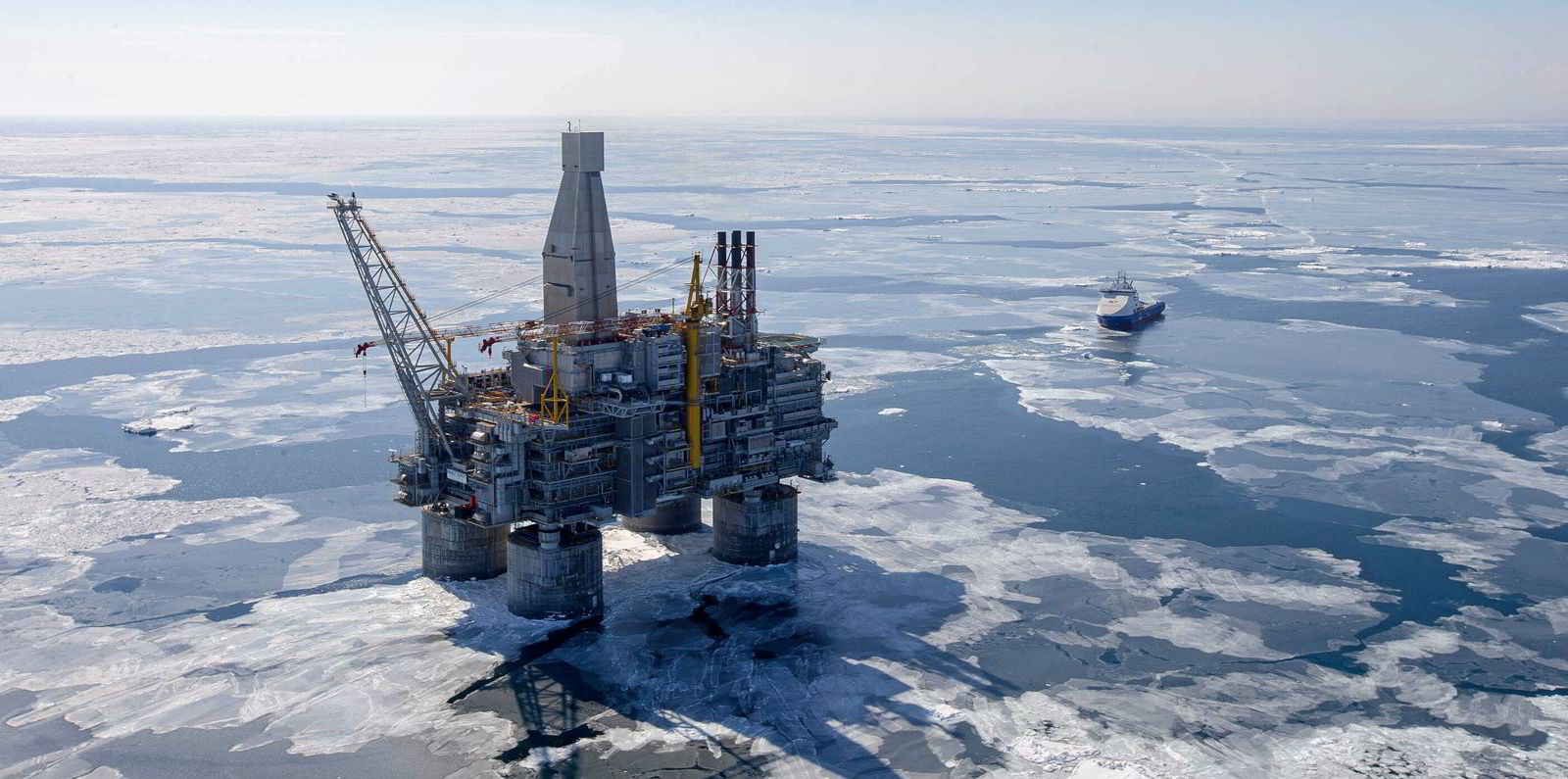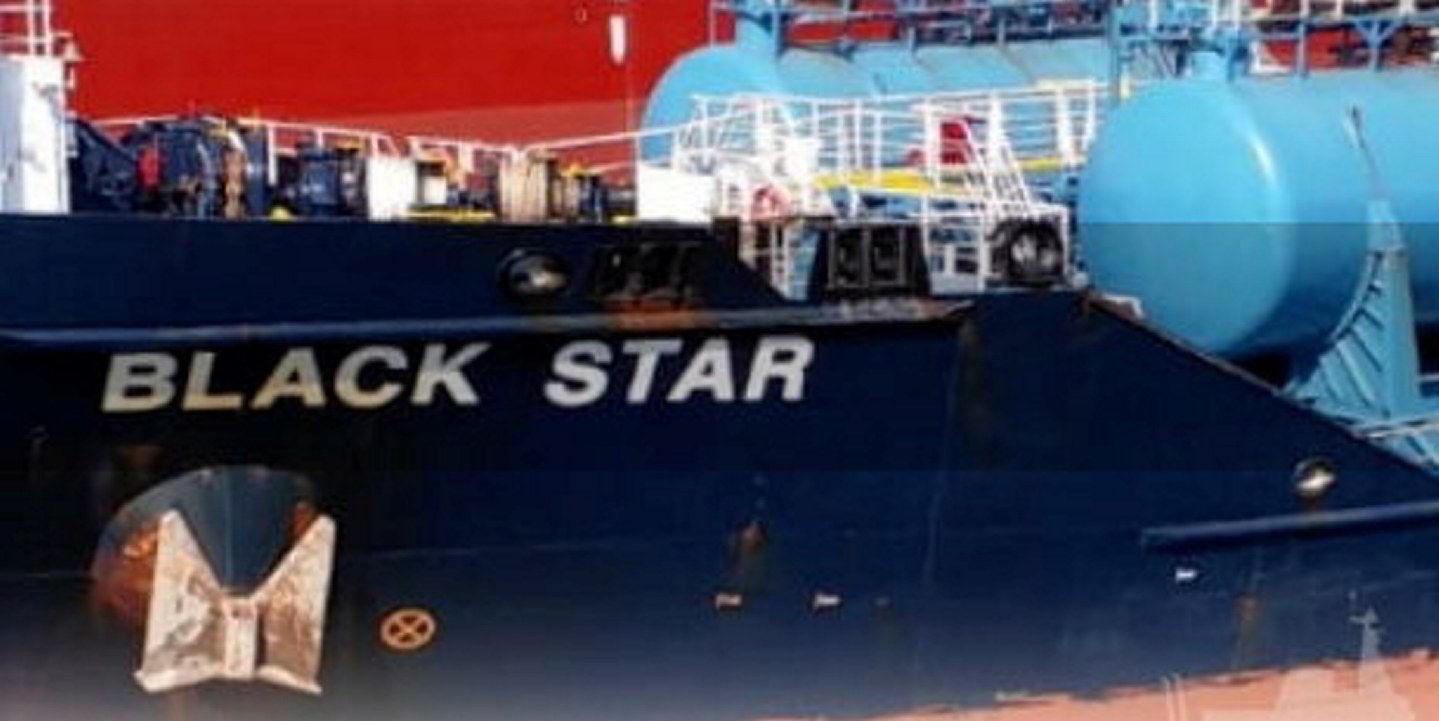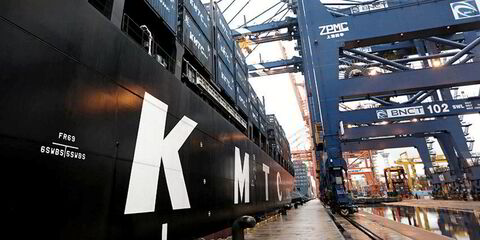ExxonMobil has declared force majeure on exports from the Sakhalin-1 crude facility in Russia as growing pressure on Russian oil separately led Germany to signal it is open to an imports ban.
And yet, as energy and shipping players continue to distance themselves from Russian oil, the country’s volumes do not appear to be suffering.
ExxonMobil said subsidiary Exxon Neftegas, the unit that controls its stake in the Sakhalin-1 plant and is operator of the crude production plant, declared force majeure because sanctions on Russia have made it hard to ship crude from the facility, according to a report by Reuters.
Houston-based ExxonMobil is the lead partner in the oil export project, which normally produces about 277,000 barrels per day shipped from De-Kastri on Russia’s Sakhalin Island, north of Japan. The energy giant has announced plans to back out of the Sakhalin-1 partnership and other activities in Russia after Moscow launched a war against Ukraine.
Reuters reported that ExxonMobil and partners Sakhalin Oil and Gas Development of Japan and India’s ONGC Videsh have struggled to charter tankers to move cargoes of oil from Sakhalin because of concerns over Russia risks.
ExxonMobil spokeswoman Julie King told the newswire that the problems led Exxon Neftegas to “curtail production”.
The oil company did not immediately respond to TradeWinds’ request for further information.
Tracking data from VesselsValue shows two aframax shuttle tankers owned by Russia’s Sovcomflot (SCF Group) and operated by ExxonMobil are anchored off De-Kastri with no cargo on board.
Meanwhile, Germany has reportedly dropped its opposition to an embargo on Russian oil.
Phased embargo
Berlin would support a ban on Russian oil imports if it is done in a phased manner that would give Germany time to find alternative supplies, sources with knowledge of the talks within the European Union told Bloomberg and the Wall Street Journal
The moves come amid continued distancing from Russia by the oil sector.

Despite the continued announcements of pullback from Russian oil by western companies and increased sanctions by governments, the country’s crude is still on the move.
In the four weeks to Sunday, crude exports from Russian ports averaged at close to 5m barrels per day, according to David Wech, chief economist at shipping and commodity tracking firm Vortexa.
That is “very much at the top end of the range established over the last year”, he wrote in the company’s newsletter.
Where Russian exports have declined since mid-March, it has been as a result of outages at Novorossiysk terminals that ship out CPC Blend, which is ultimately Kazakh oil moved to the port by pipeline.
“And over recent days, we saw CPC Blend exports resuming normal levels, providing further upside to oil supply,” Wech said.
Europe’s Russian oil imports, which have remained relatively high, may start to have a “framework to scale down” when EU sanctions enter force on 15 May.
“Recent reports on Russian oil export tenders suggest very limited interest from global buyers, but of course, this needs to be taken with caution as most deals will happen on a private and confidential basis,” Wech said.
“Nevertheless, the April export spike still benefited from deals concluded ahead of the war, and the more time passes the more difficult it will get for Russia to sustain export flows, given in particular the limited Chinese interest.”
Poten & Partners head of tanker research Erik Broekhuizen has noted that there has been a disconnect between seaborne exports of Russian crude and reports of declining production.
In a note to clients on Friday, he also said that few shipowners were willing to take Russian cargoes at first, but that is changing as the situation normalises.

“Some owners, mainly the ones that are publicly listed, continue to self-sanction. Many others are increasingly willing to take some reputational risk to be able to take advantage of a premium voyage,” he said.
He said that it is expected that very little crude will be sold to Europe by the end of the year. India has been buying more crude from Russia, and China’s demand will grow once it makes it through its current Covid-19 resurgence.
The trends have so far primarily benefited aframaxes, but that too could change.
“Eventually, new (more efficient) trading patterns will develop that will likely boost suezmax and VLCC employment, but for the moment Aframaxes are enjoying their day in the sun,” Broekhuizen wrote.
Read more
- Wartsila pushed to a loss by Russian write-offs with outlook uncertain
- Spain bars Turkish tanker after claim of Russian cargo transhipment
- ‘A lot more damage can be done’ if Russia axes more gas supply, Poten says
- Poland pushes to accelerate planned FSRU as Russia shuts off gas supply
- EU world’s top LNG importer in first quarter as volumes from Russia surge 50%





